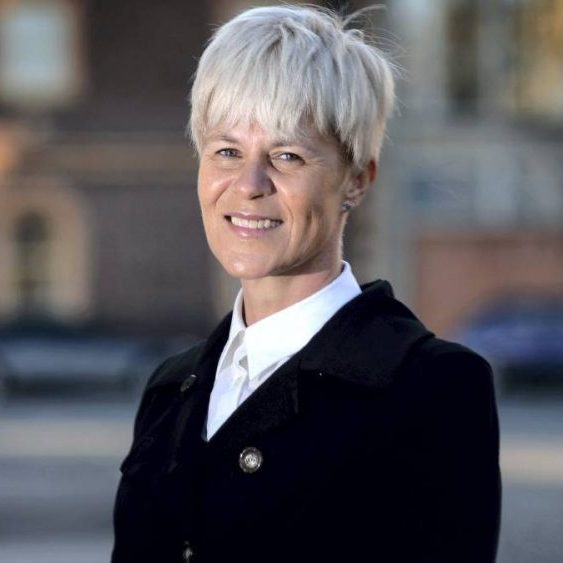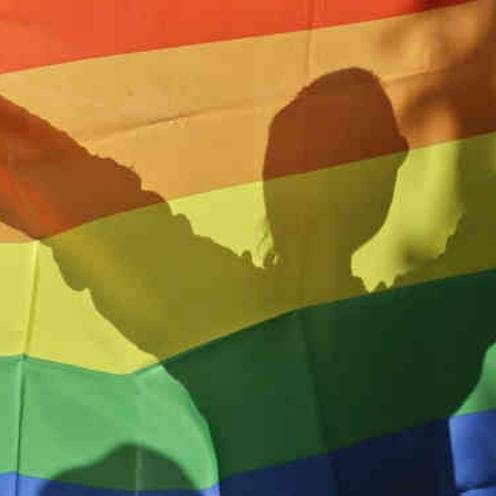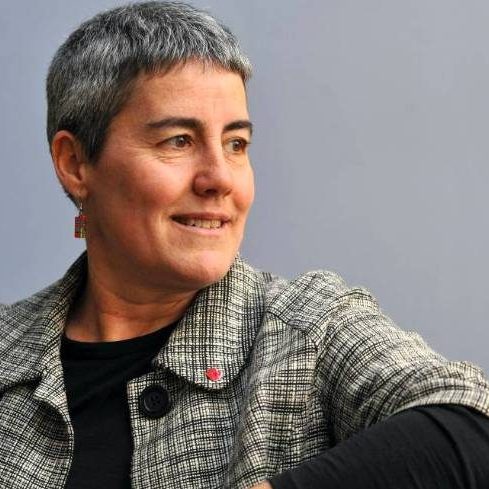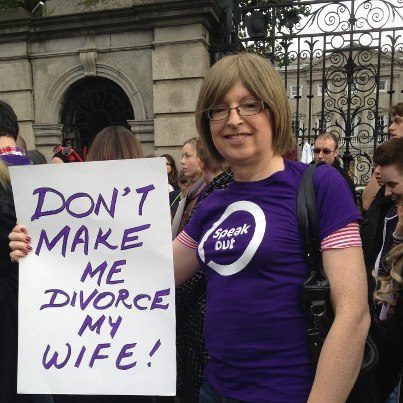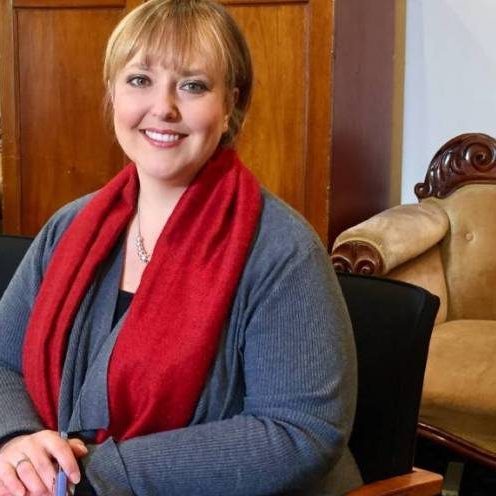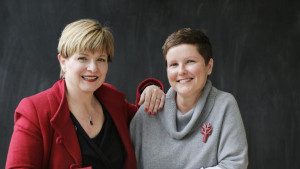
Tasmanian LGBTI community advocates have welcomed the election of the state’s first openly-lesbian MP, Alison Standen.
Alison’s election as a Labor member in the southern electorate of Franklin was confirmed late Thursday. Tasmanian Gay and Lesbian Rights Group spokesperson, Rodney Croome, congratulated Alison and said her election confirms how far Tasmania has moved towards being a fairer and more inclusive society.
“I congratulate Alison on her election because she is strongly committed to the values of inclusion and equality. Her election confirms that being gay is no a barrier to holding high elected office in Tasmania. It also confirms just how far Tasmania has come since it was the last state to decriminalise homosexuality twenty years ago.”
During the election, Ms Standen and her partner talked publicly about their relationship and their family without any discernible backlash.
Mr Croome also welcomed the election of other MPs who have been public champions of LGBTI inclusion including, but not limited to, Liberal, Sue Hickey, Labor’s, Ella Haddad, and Greens’ leader, Cassy O’Connor.
“More champions of LGBTI equality sit in the Tasmanian Parliament than ever before.”
“One of our top priorities is to create a cross-party group of LGBTI community allies to help move LGBTI equality issues forward, modelled on a similar group in Federal Parliament.”
Former Greens leader, Bob Brown, became the first openly-gay MP in any Australian Parliament when he was elected to the Tasmanian Parliament in 1983. Dr Brown endured many anti-gay attacks. Despite this, other openly-gay candidates subsequently stood for office in Tasmania including Cath Cuthbert who was a Labor candidate in 1992. In another first, the Tasmanian Parliament has become the first state parliament in Australia to be made up of a majority of women.
Mr Croome went on to credit Tasmania’s hate speech laws for the 2018 state election being relatively free of anti-LGBTI hate.
“Although there were some anti-LGBTI leaflets distributed in northern electorates by the Canberra-based Australian Christian Lobby, there were no locally-based attacks against the positive record on LGBTI human rights of any candidate or party. This is the first time this has happened since LGBTI human rights became a public issue in Tasmania in the 1980s.”
“I have no doubt that it was due in large part to growing public awareness of Tasmania’s strong and comprehensive hate-speech laws.”
“I think I speak for many Tasmanians when I say I hope the 2018 election sets a positive precedent for future state elections being free of anti-LGBTI hate.”
Several hate speech cases have been taken against anti-LGBTI materials distributed in past state elections. Most were resolved at the concliation stage, but at least one remains unsettled from the 2014 election and is currently before the state Supreme Court.

